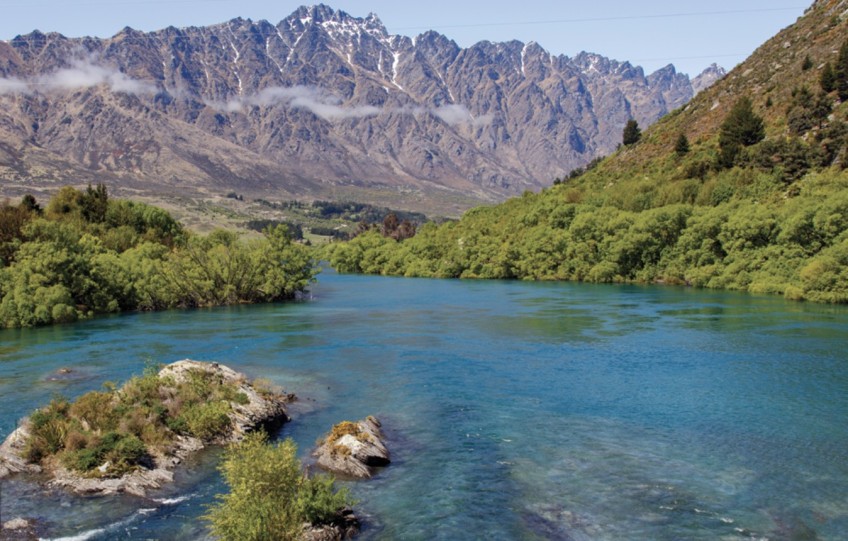
Farmers dominate feedback on ORC's proposed big changes to water management
Some 573 responses have been received on the Otago Regional Council's draft Land and Water Regional Plan that proposes sweeping changes to activities to protect the region's waterways - and a chunk of those who took the opportunity to have their say were farmers.
According to a report presented to councillors at a meeting in Dunedin yesterday, and subsequent discussion, more than half of the public responses had a focus on farming and forestry activities, and 30 percent of the feedback came from farmers.
But councillors were told by council staff yesterday "it is not a numbers game, it is the quality of the feedback".
Other hot topics for feedback included water allocation, activities in the beds of lakes and rivers, earthworks, damming, discharges of agrichemicals, wetlands, and outstanding waterbodies.
In a statement to media yesterday, ORC’s policy and planning manager Fleur Matthews says she is happy with the number of responses, which came from both individuals and organisations.
During the last consultation on the plan, only 83 responses were received, so she notes a significant jump in engagement this time round.
However, broken down by location, only five percent of responses directly focused on proposals for the Dunstan role, which covers Cromwell, Arrowtown and Cardrona, and even fewer, just three percent, on the Upper Lakes rohe, which covers Wānaka and Queenstown.
Meanwhile 15 percent of responses focussed on the Manuherekia rohe, where there has been sometimes bitter debate about acceptable water levels and takes for the Manuherekia River.
“Although the summary doesn’t capture every single point of feedback provided, staff have reviewed and considered all the feedback, to assist with informing the next stage of plan drafting,” Ms Matthews says.
The council hosted 12 public drop-in sessions throughout Otago as the consultation period was underway, as well as two online meetings, that attracted more than 370 people and cost $66,000, not including staff time.
There were also four targeted stakeholder sessions for specific interest groups: from the farming, forestry, territorial authorities, and environmental sectors.
Two workshops held in November allowed ORC staff to summarise certain topics highlighted by public feedback and seek policy direction from councillors
This will inform further amendments to the draft plan, which is currently scheduled for notification by June.
The plan is required in New Zealand law and will replace an outdated ORC planning framework that, according to the council, is no longer fit for purpose.
Any new planning document must prioritise Te Mana o te Wai, a national policy prioritising the health of waterways above other needs.
Read more:
Mammoth ORC policy shake up will impact urbanites, not just farmers





























